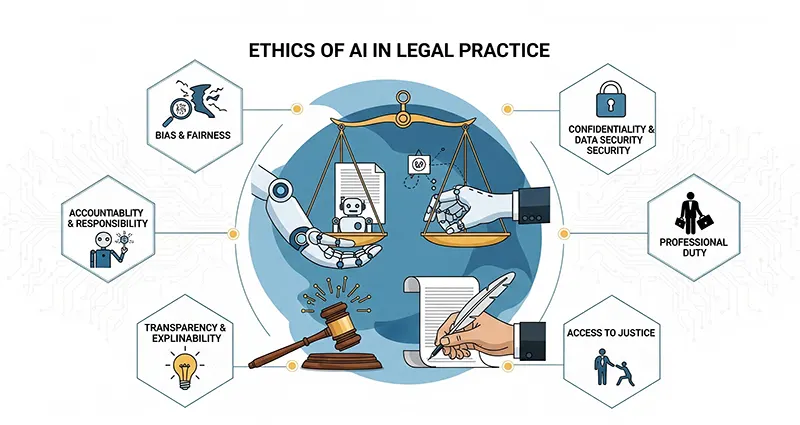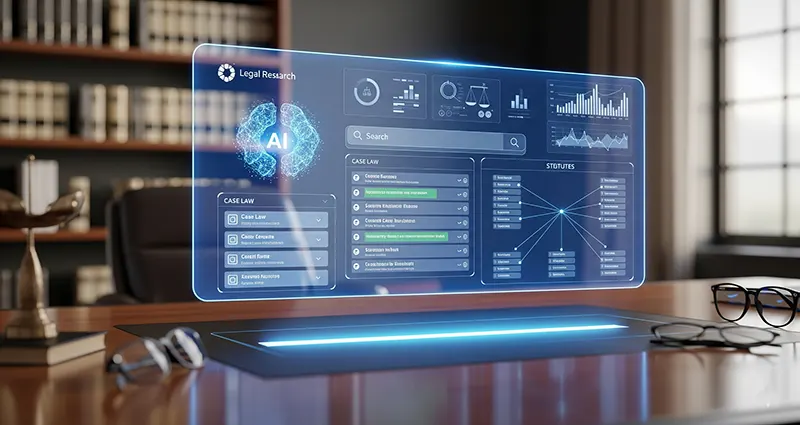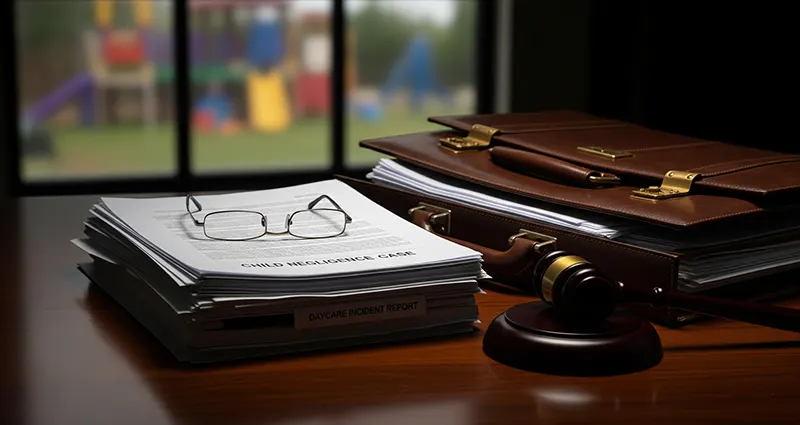When Suspecting Parental Negligence in Malang: Steps to Protect Children
As residents of Malang, we have a vital role to play in ensuring the safety and well-being of the children around us. Sometimes, we may suspect a child is experiencing neglect or abandonment by a parent or guardian. These situations can be very sensitive and confusing, but taking the right steps is crucial to protecting children from harm.
Suspecting parental or guardian negligence is a serious matter. In Indonesia, child neglect is regulated by Law Number 35 of 2014 concerning Amendments to Law Number 23 of 2002 concerning Child Protection . This law clearly defines neglect as a form of neglect that is subject to legal sanctions.
Here’s a practical guide on what to do if you suspect child neglect in Malang.
1. Recognize the Signs of Neglect
Before acting, it’s important to distinguish between a difficult family situation and harmful neglect. Neglect can take many forms, including:
- Physical Neglect:
Considering Ethics in the Use of AI for Legal Practice in Malang
Malang, with its dynamic economic growth and legal sector, has not escaped the wave of technological revolution. Advocates and law firms in the city are increasingly adopting Artificial Intelligence (AI) to improve efficiency, from document review to legal research. However, along with its tremendous benefits, the use of AI in legal practice raises a series of crucial ethical considerations that legal professionals must understand and address.
These ethical considerations are not only globally relevant, but also have important implications in the Indonesian legal and cultural context, especially under guidelines such as the Circular Letter of the Minister of Communication and Informatics Number 9 of 2023 concerning the Ethics of Artificial Intelligence .
Following are some of the main ethical considerations that advocates in Malang should pay attention to:
Client Confidentiality and Personal Data Protection
One of the most fundamental ethical obligations for an advocate is to maintain the confidentiality of … Read the rest >>>
Finding a Child Neglect Advocate in Malang: A Guide for Affected Parents
As a parent in Malang, East Java, there’s nothing more devastating than learning your child has been injured due to the negligence of another party. When an incident like this occurs, the next crucial step is to seek appropriate legal representation to hold them accountable and ensure their future is protected. Finding a competent advocate in child negligence cases can be challenging, but with the right approach, you can find the right legal expert for your case.
Understanding Your Case: Legal Aspects in Indonesia
Before seeking an advocate, it is important to understand the legal framework in Indonesia, which distinguishes child neglect cases into two main aspects:
- Criminal Aspects: If the negligence is classified as a criminal act (for example, negligence resulting in serious injury or death), the case will be processed through the criminal justice system. In this case, the state, through the police and prosecutors, will prosecute the
Supercharging Legal Research in Malang: AI-Powered Platforms for Case Law and Statutes
For legal professionals in Malang, East Java, the bedrock of any strong legal argument lies in thorough research of case law and statutes. Traditionally, this has been a time-consuming and often arduous process, requiring meticulous manual review of vast legal databases, physical law books, and government gazettes. However, the advent of AI-powered legal research platforms is revolutionizing how lawyers, judges, and legal scholars in Malang can access, analyze, and apply legal information. These platforms are not merely digital libraries; they are intelligent assistants designed to enhance efficiency, accuracy, and strategic insight.
The Evolving Landscape of Legal Research in Indonesia
Indonesia’s legal system, with its blend of civil law traditions, numerous statutes, and a growing body of case law from various court levels (including the Supreme Court, High Courts, and District Courts like the Pengadilan Negeri Malang), presents unique challenges for researchers:
- Volume of Information: The sheer quantity of laws, regulations,
Proving Child Negligence in a Daycare: Legal Requirements in Malang, East Java
For parents in Malang, East Java, entrusting their child to a daycare facility is a decision made with the expectation of safety and proper care. Unfortunately, incidents of child negligence can occur, leaving parents concerned and seeking justice. Understanding the legal requirements for proving child negligence in a daycare setting in Indonesia, particularly within the jurisdiction of Malang, is crucial for those navigating such difficult circumstances.
What Constitutes Child Negligence in a Daycare?
In essence, child negligence occurs when a daycare facility, or its employees, fail to exercise the reasonable standard of care that a prudent person would under similar circumstances, resulting in harm to a child. This standard is typically higher for those entrusted with the care of vulnerable children.
Here are common examples of negligence:
Inadequate Supervision: Leaving children unattended, failing to monitor them during activities, or having too few staff members for the number of children.
Unsafe … Read the rest >>>













